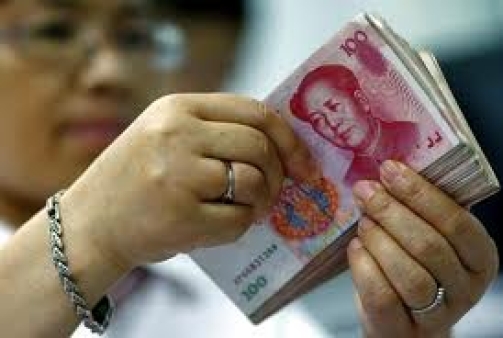
China pursues financial reform
The People's Bank of China unveiled a financial reform plan for the 2011-2015 period.
It covers marketization of exchange and interest rates and the convertibility of the yuan under China's capital account, as well as plans to attract more private capital.
Government intervention regarding small-scale financial activity will be reduced and the government's role will be further clarified during the reform process, the plan states.
The liberalization of interest rates will be pushed forward progressively and reforms of the mechanism used to calculate the yuan's exchange rate will occur steadily, the plan states.
Further studies regarding direct trading between the yuan and other currencies in emerging markets will be conducted, according to the plan.
Authorities will allow freer cross-border capital flow and boost the convertibility of the yuan under China's capital account, according to the plan.
Authorities will encourage private capital to participate in the reform of banks, securities firms and insurance companies, as well as guide private capital to expand investment in financial organizations, the plan states, adding that the government also supports private capital in setting up rural banks, credit companies and capital cooperatives.
By 2015, the value-added output of the nation's financial industry will account for five percent of the gross domestic product, while the value of direct financing by non-financial organizations will account for at least 15 percent of the total social financing value, according to the plan
For more.






















 Advertise
Advertise








